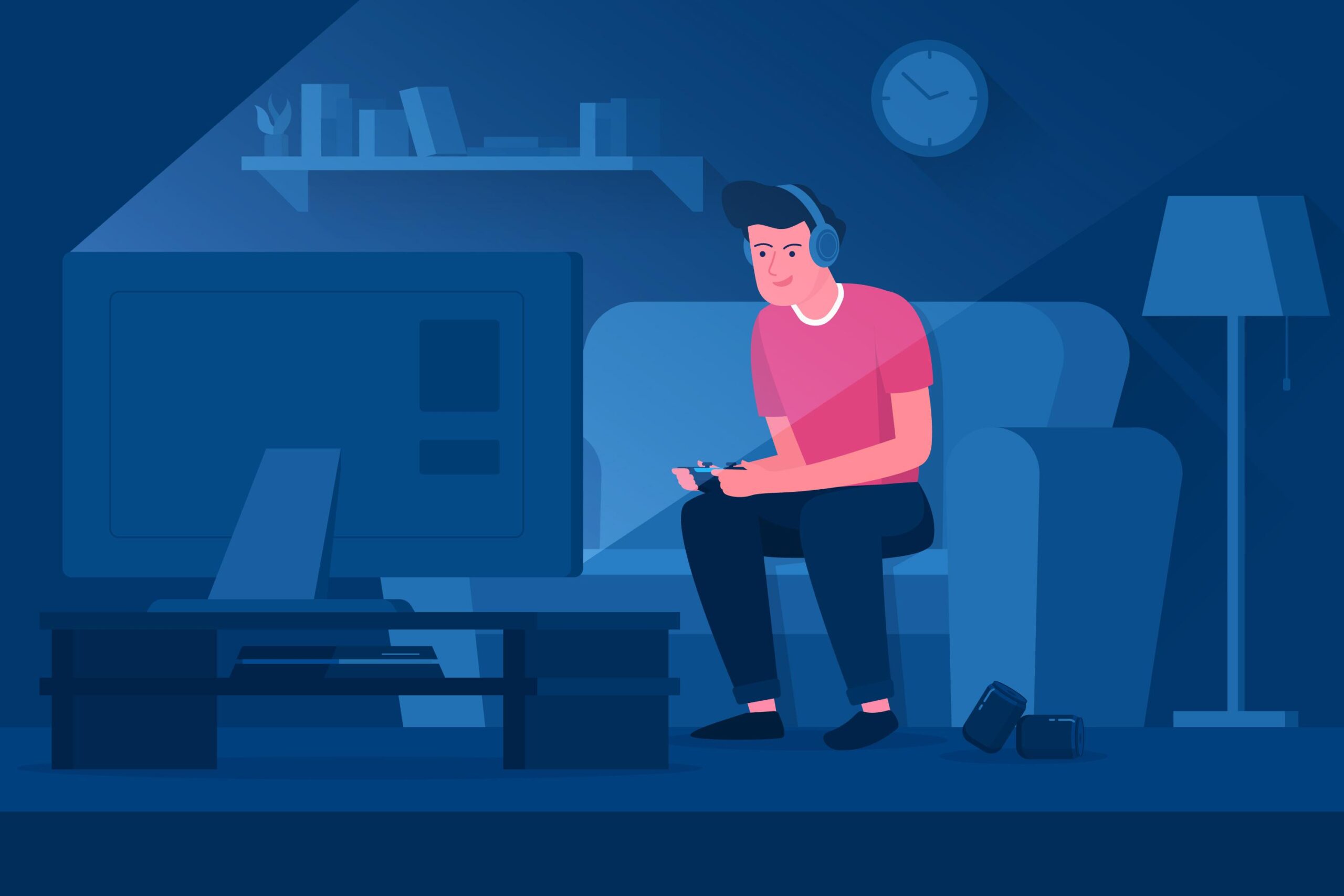Screen Time and Mental Health
Associations between screen time and psychological well-being among people have been conflicting, leading researchers to question the limits on screen time for productivity in day to day lives. The use of electronic devices has seen dramatic increases among the youth. Moderate use of screens was also associated with lower psychological well-being, while non-users and low users of screens generally did not differ in well-being. There has been rising tension among parents whose children prefer to spend most of their time on screens rather than the outside real world. These concerns have prompted physician organisations to recommend that parents limit children’s daily screen time, with specific time limits for preschool children and a general suggestion of limiting time on screens for older children and adolescents. Associations between screen time and poor health outcomes like obesity and lack of exercise have been noticed. Some studies find significant associations between screen time and low well-being while some other studies suggest that there is no relation of benefit or effect of screen time with well-being. High users of screens were more likely to have been diagnosed with anxiety or depression. 17-year-olds spending 7+ hours per day with screens compared to 1 hour per day were more than twice as likely to ever have been diagnosed with depression. Across a diverse array of well-being measures like self-control measures, relationships with caregivers, emotional stability, anxiety and depression diagnosis and mental health treatment, psychological well-being was progressively lower from 1 hour a day of screen time to 7 or more hours a day of screen time, particularly among adolescents. The significant association between screen time and well-being may have an important clinical implication for the mental and physical health of adolescents and for developing guidelines for specific screen time limits.
- Cyber bullying- harassment via text messages online.
- Compulsive internet use – when individuals are not able to control their screen timing.
These are the major negative factors of screens associated with poor mental health.
In a nutshell, the link between physical health is important to be in a triangular relationship with mental health and screen time. Studies have indicated that reducing screen time and increasing physical activity could be highly beneficial.
Author







